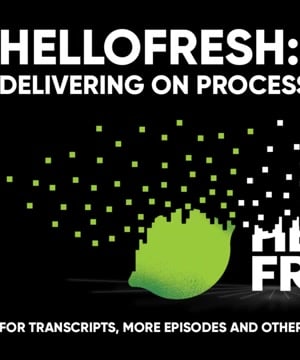What is the power of process?
Sources:
The concept of "process power" encompasses several key ideas, as discussed by different experts in various contexts:
-
Reassurance and Authenticity:
- Blair Enns discusses how process serves as a tool of reassurance. It calms clients by showing that the team has experience and a structured approach. However, he warns against superficial reliance on trendy frameworks unless they are genuinely integrated and authentic 1 .
-
Institutional Knowledge:
- Ben Gilbert and David Rosenthal highlight how a well-established process power can create a highly valuable and unique operational capability, as seen in organizations like The New York Times. This deeply ingrained knowledge and process are difficult to replicate elsewhere, contributing to sustained high-quality output and organizational identity 2 .
-
Complex and Incremental Improvement:
- Hamilton Helmer explains process power as coming from long-term, incremental improvements that result in a highly complex and almost opaque system, such as Toyota's production system. This complexity makes it very hard for competitors to emulate, adding significant value and a competitive edge to the organization 3 .
-
Leadership and Continuous Improvement:
- Dominik Richter of HelloFresh emphasizes the importance of culture, continuous improvement, and being data-driven in managing a business dependent on process power. He focuses on aligning organizational mechanisms to ensure each part of the process remains optimal and evolves over time 4 .
-
Operational Coordination:
- At Microsoft, the process power allowed the company to coordinate extremely complex project timelines and deliver on schedules planned years in advance. This detailed and synchronized process was essential in shipping major software products like Microsoft Office 5 .
-
Learning Through Constraints:
- Daymond John discusses the "power of broke," which forces entrepreneurs to learn all parts of the process due to limited resources. This knowledge makes them resilient and capable, as they thoroughly understand and can manage all aspects of their business once it scales 6 .
Overall, the power of process lies in its ability to instill confidence, foster continuous improvement, maintain unique operational capabilities, and ensure consistent, high-quality outcomes.
RELATED QUESTIONS-

